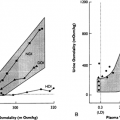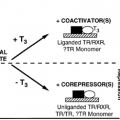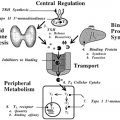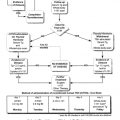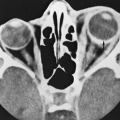GENETICS AND ENDOCRINOLOGY
The rapid application of new discoveries and new techniques in genetics has revolutionized medicine, including the field of endocrinology. DNA probes have been targeted to selected genes, and the chromosomal locations of genes related to many hormones and their receptors have been determined. A complete map of the human genome is gradually emerging.21 This approach has led to new knowledge about hormone biosynthesis and has provided important information concerning species differences and evolution. The elucidation of the chromosomal loci for genes controlling the biosynthesis of hormone receptors should provide insights into the physiologic effects of hormones. Clinically, these techniques have potential significance as a diagnostic aid in evaluating afflicted patients, a means of identifying asymptomatic heterozygotes, and a method for identification of unborn individuals at risk (i.e., prenatal diagnosis; see Chap. 240). Delineation of processes of genetic expression is revealing the mechanisms of hormonal disease (e.g., obesity22) and also may lead to gene therapy for some forms of endocrine illness or humoral-mediated conditions.23
Stay updated, free articles. Join our Telegram channel

Full access? Get Clinical Tree


